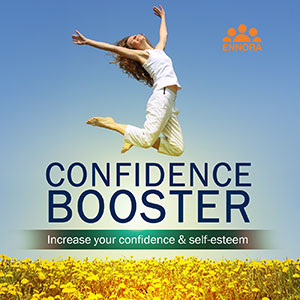|
Zen meditation, also known as "Zazen," is a form of meditation rooted in Zen Buddhism. It is characterized by its simplicity and focus on mindfulness and presence. Zen meditation is practiced while sitting in a specific posture, typically on a cushion or bench, with legs crossed and the back straight. The hands are often placed in a specific mudra (hand gesture), such as the cosmic mudra or the diamond mudra.
Here's a breakdown of some key aspects of Zen meditation:
Posture: The posture in Zen meditation is crucial. It is typically a stable and balanced seated posture. This helps in maintaining alertness and stability during the meditation session. The posture also symbolizes inner stability and balance.
Breath Awareness: One of the primary focuses in Zen meditation is awareness of the breath. Practitioners pay close attention to the inhalation and exhalation of breath, without trying to control it. This mindfulness of breath helps to anchor the mind in the present moment.
Mindfulness of Body Sensations: In addition to breath awareness, Zen meditation often involves being mindful of bodily sensations. Practitioners may observe sensations such as tingling, warmth, or tension without attachment or aversion. This cultivates a deeper awareness of the body-mind connection.
-
Non-attachment to Thoughts: In Zen meditation, thoughts are not suppressed or ignored but observed without attachment. When thoughts arise, practitioners acknowledge them and gently return their focus to the breath or the present moment. This helps in cultivating a non-judgmental awareness of the mind's activities.
-
Silent Sitting: Zen meditation is typically practiced in silence. There may be minimal guidance or instruction, and practitioners sit in stillness, often in a group setting. The silence allows for deep introspection and insight to arise naturally.
-
Guidance from a Teacher: While Zen meditation can be practiced individually, guidance from an experienced teacher, often referred to as a Zen master or sensei, can be invaluable. Teachers offer instruction, support, and insight to practitioners on their meditation journey.
-
Integration into Daily Life: Zen meditation is not just confined to the meditation cushion; it is meant to be integrated into daily life. The mindfulness and presence cultivated during meditation are carried over into everyday activities, fostering greater awareness and clarity in all aspects of life.
Overall, Zen meditation is a profound practice that aims to cultivate inner peace, clarity, and wisdom through the direct experience of the present moment. It emphasizes simplicity, mindfulness, and non-attachment as pathways to awakening.
|
Notice: No information is collected from this website. No payment sources, emails, or addresses, or any other private stuff. From the links provided here for my help for you I receive a small commission for each item sold.
|
 ">
">
|











